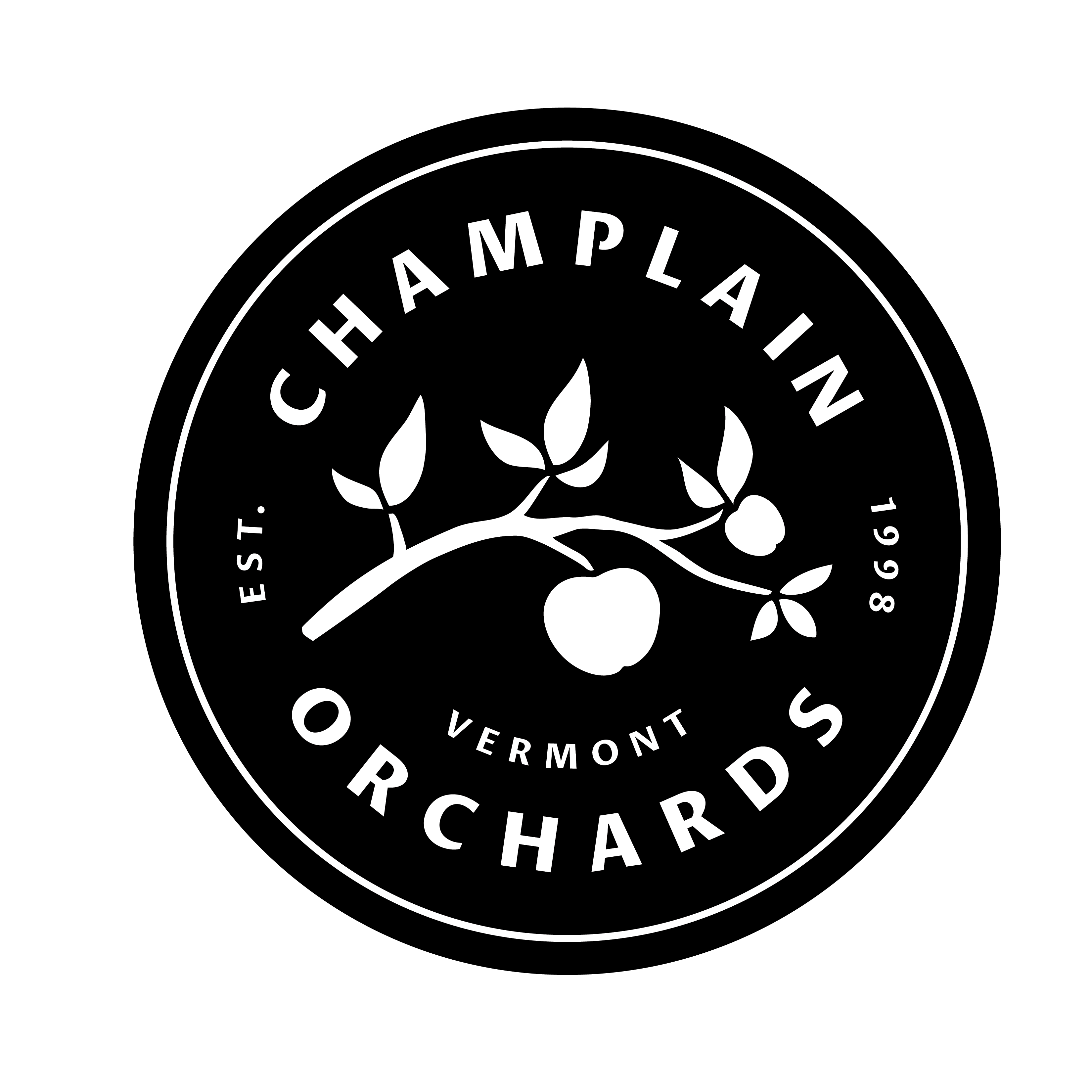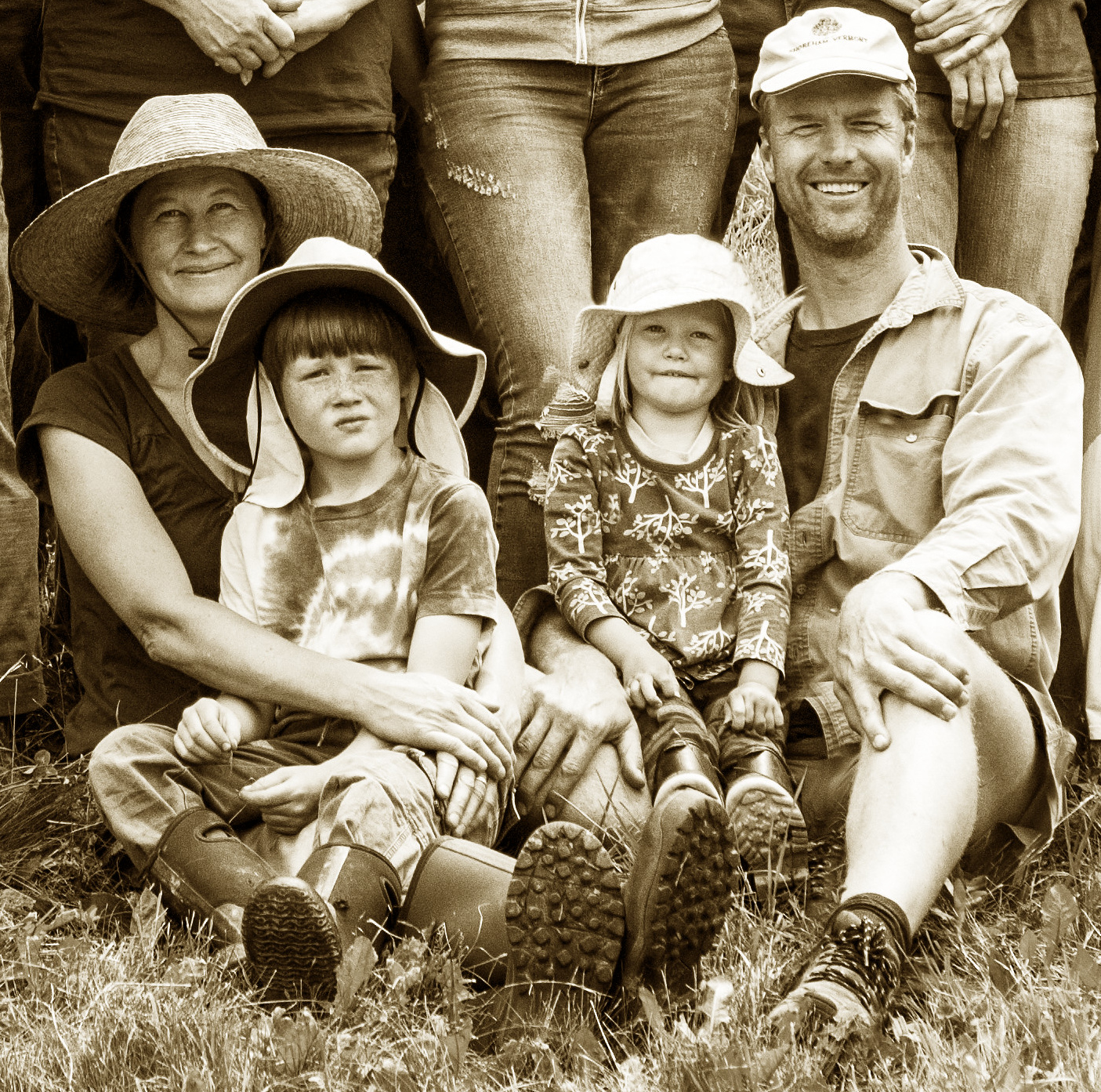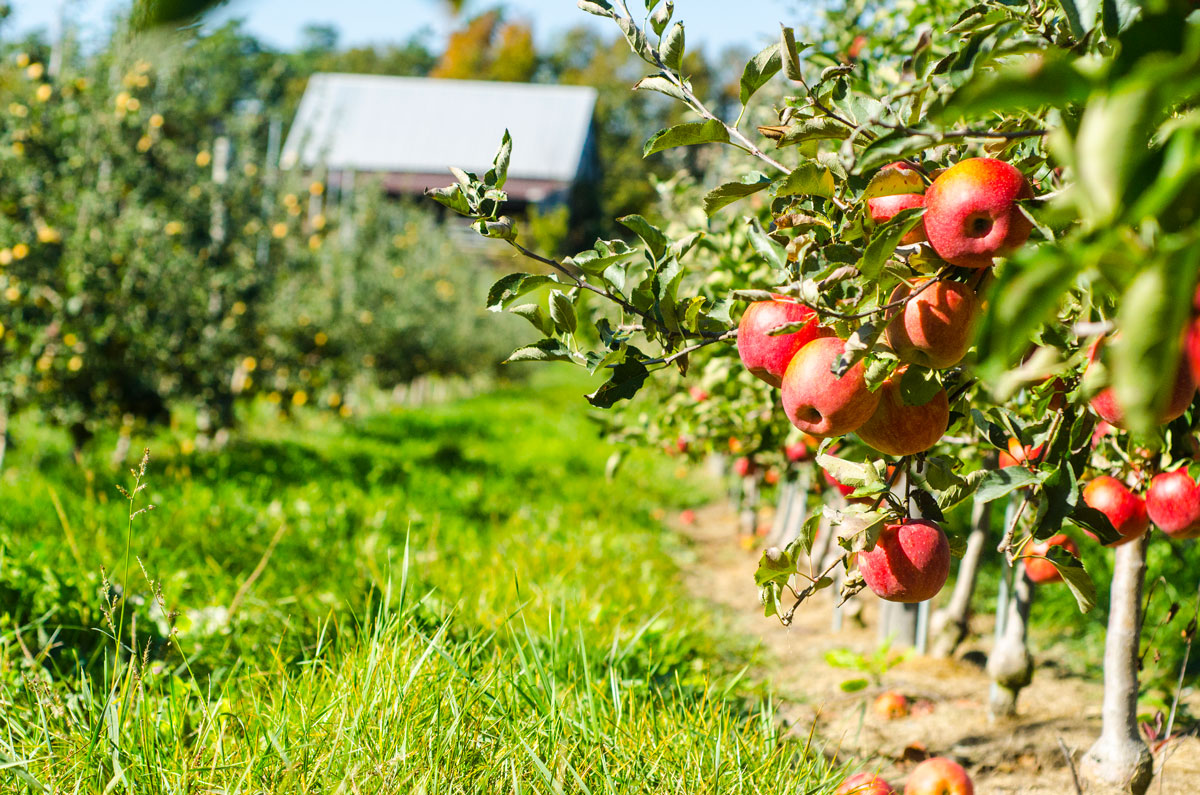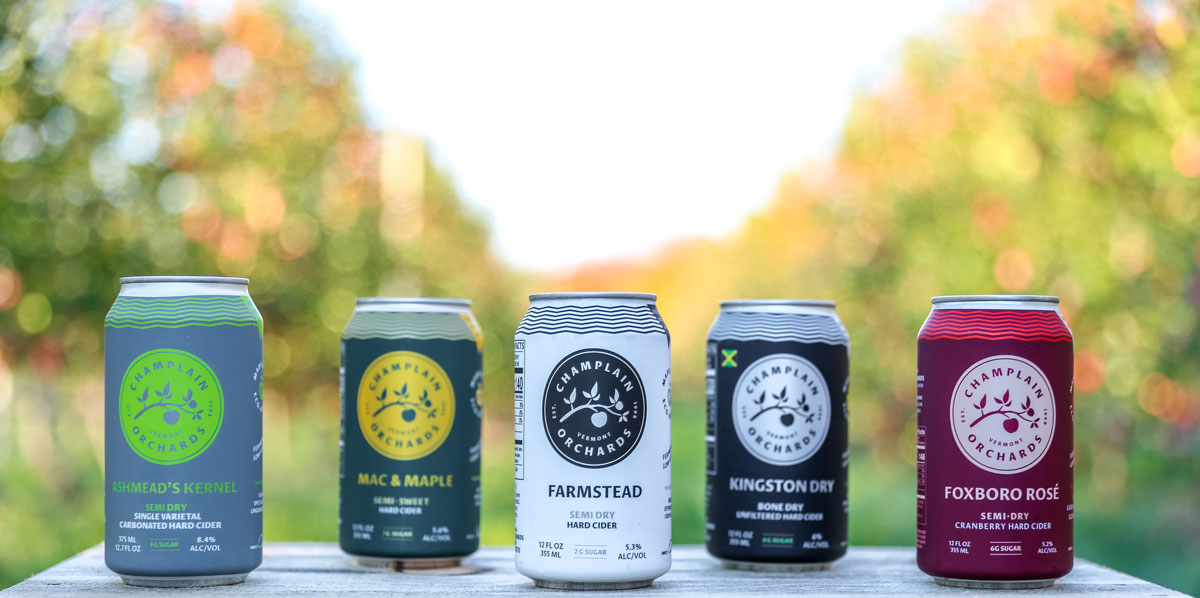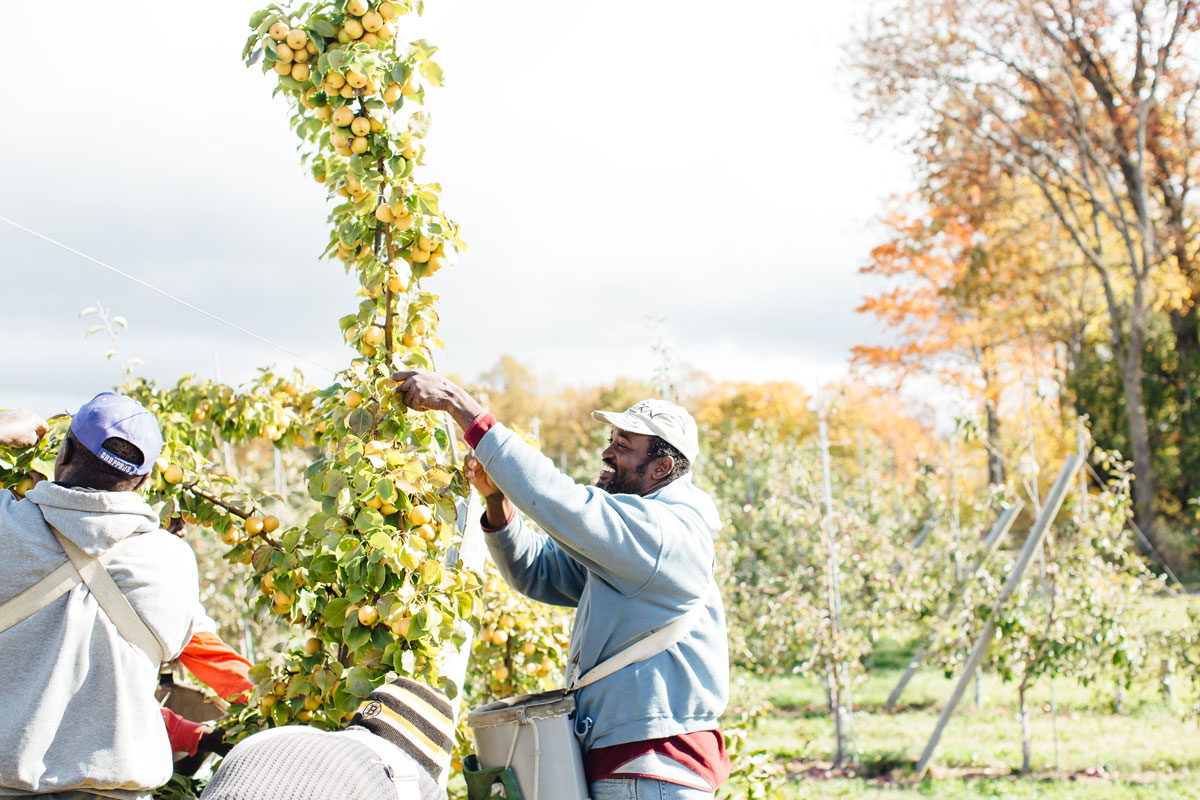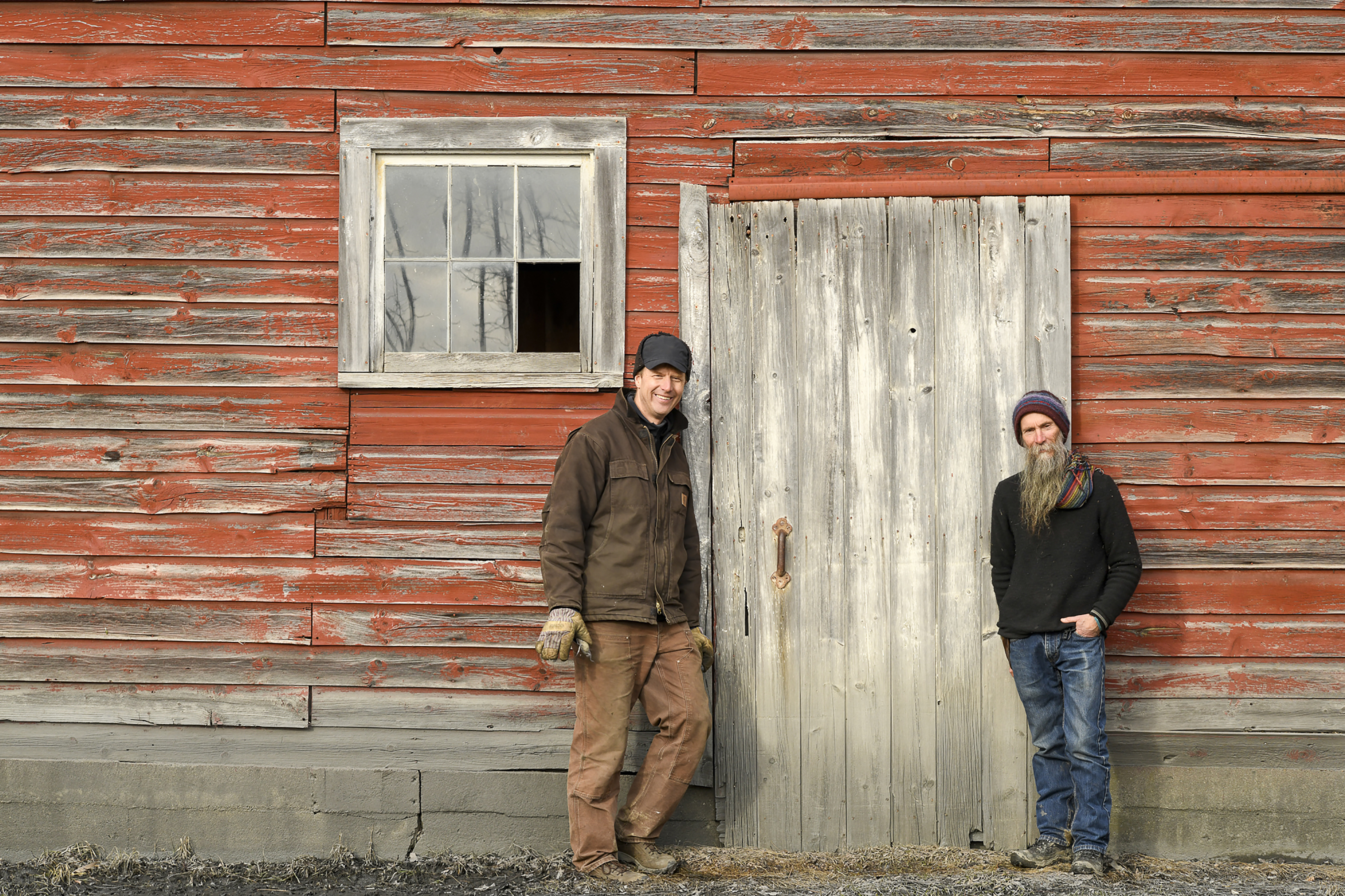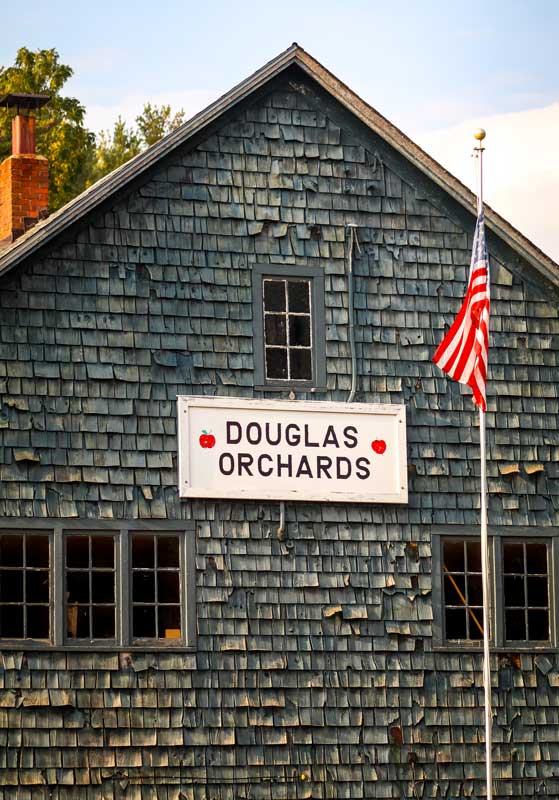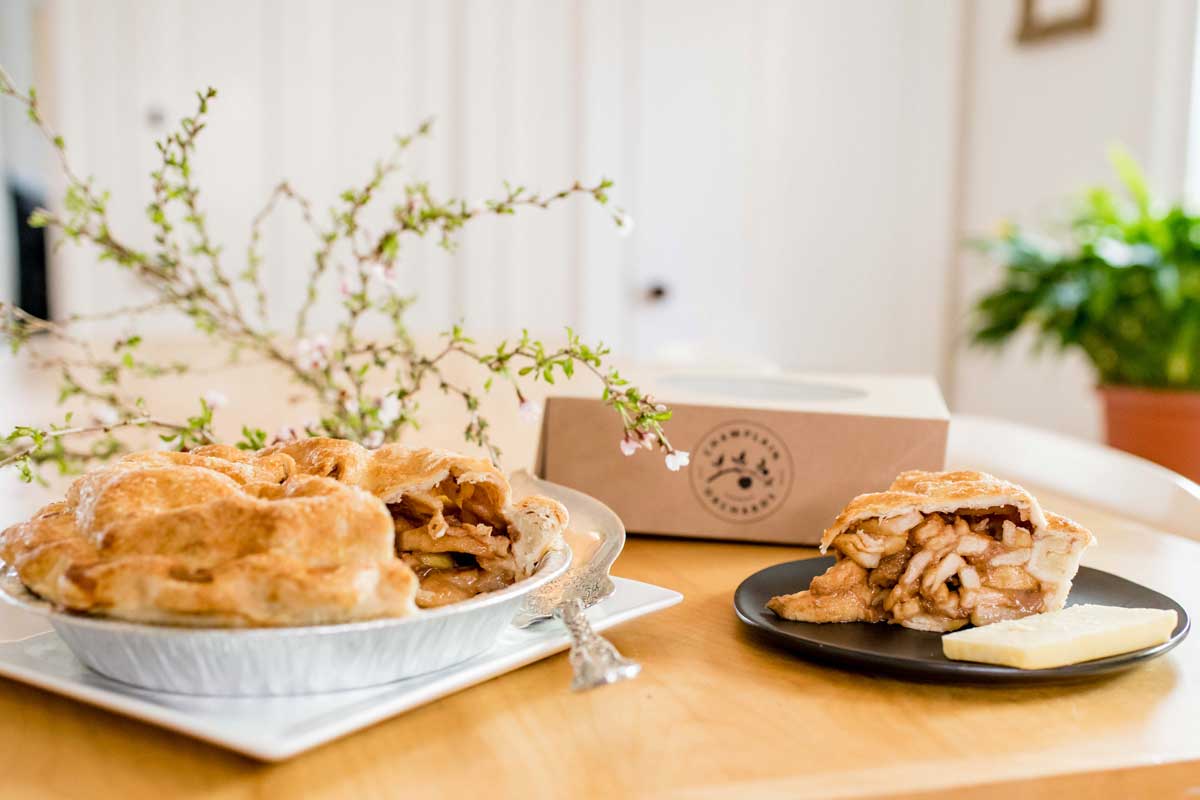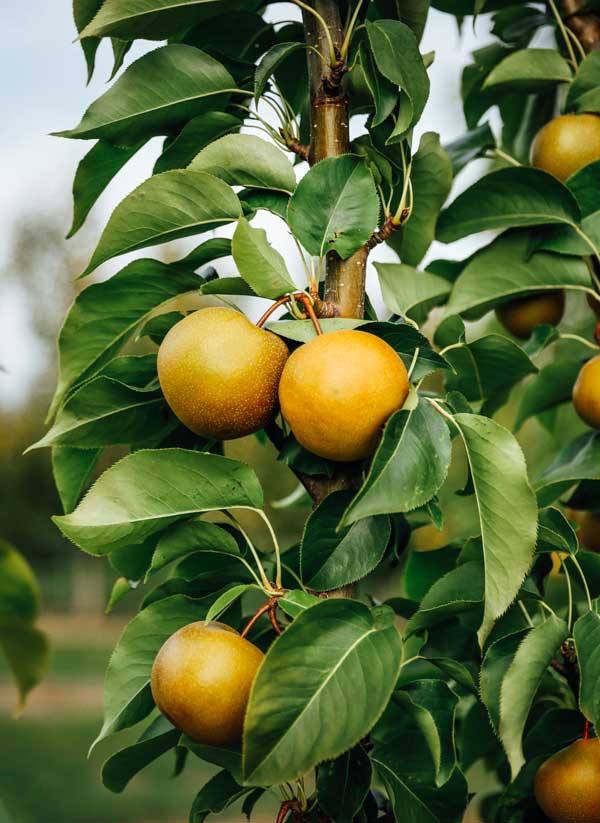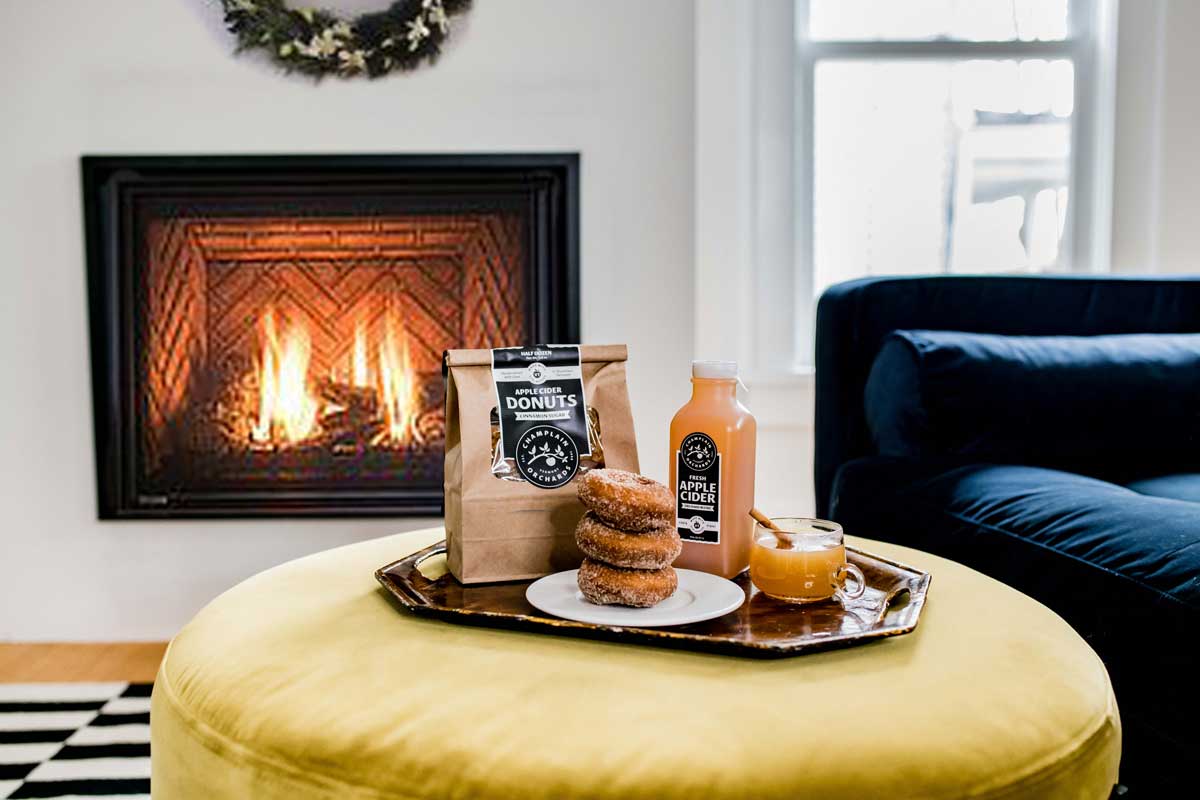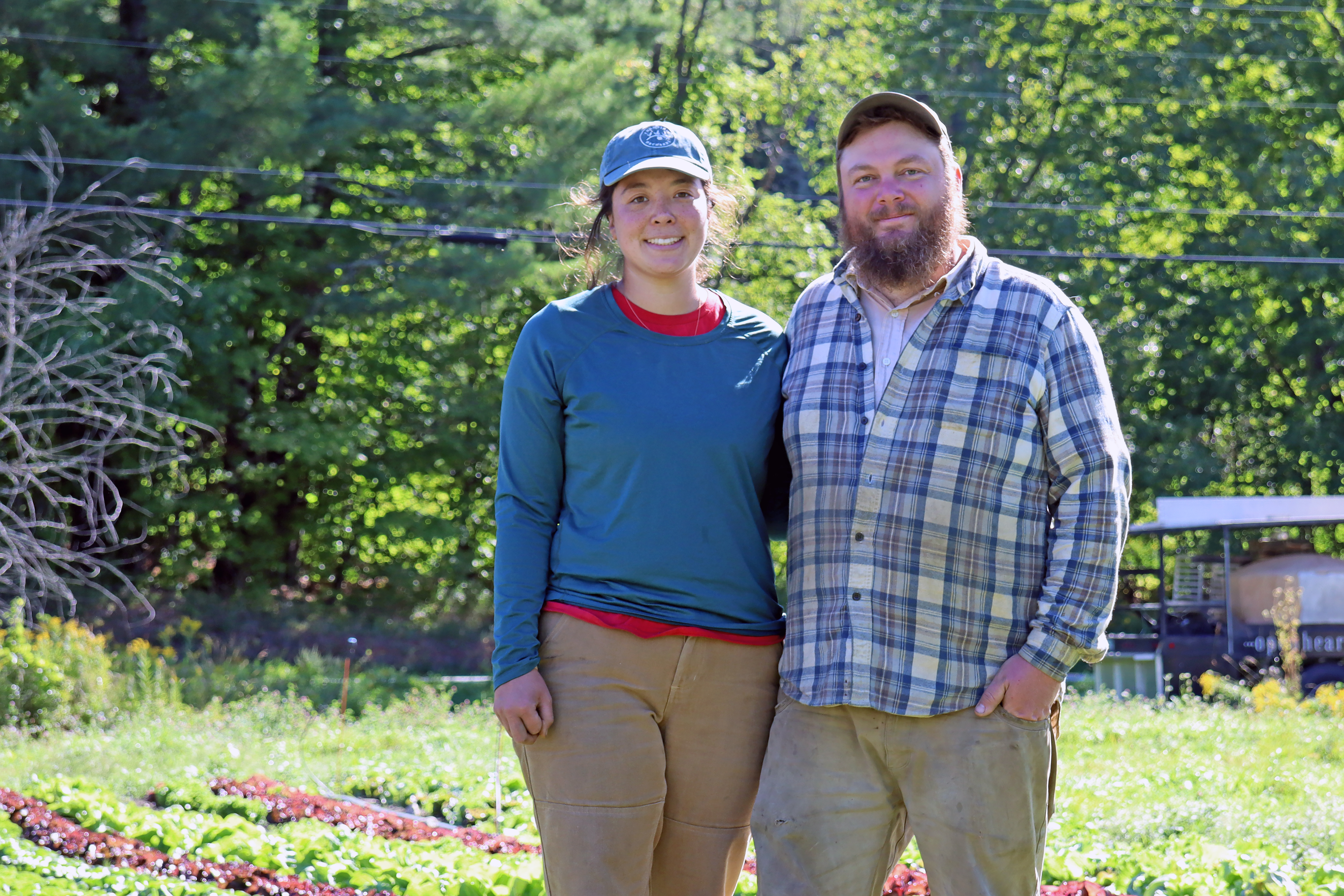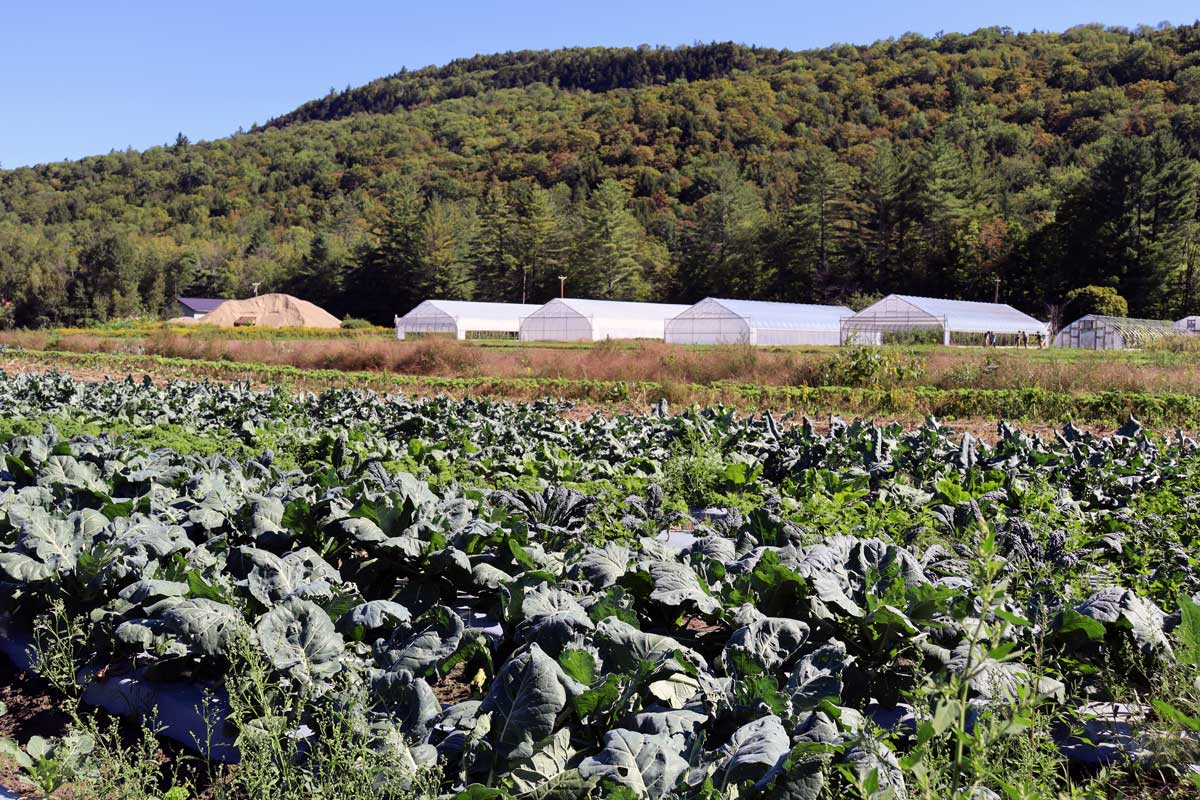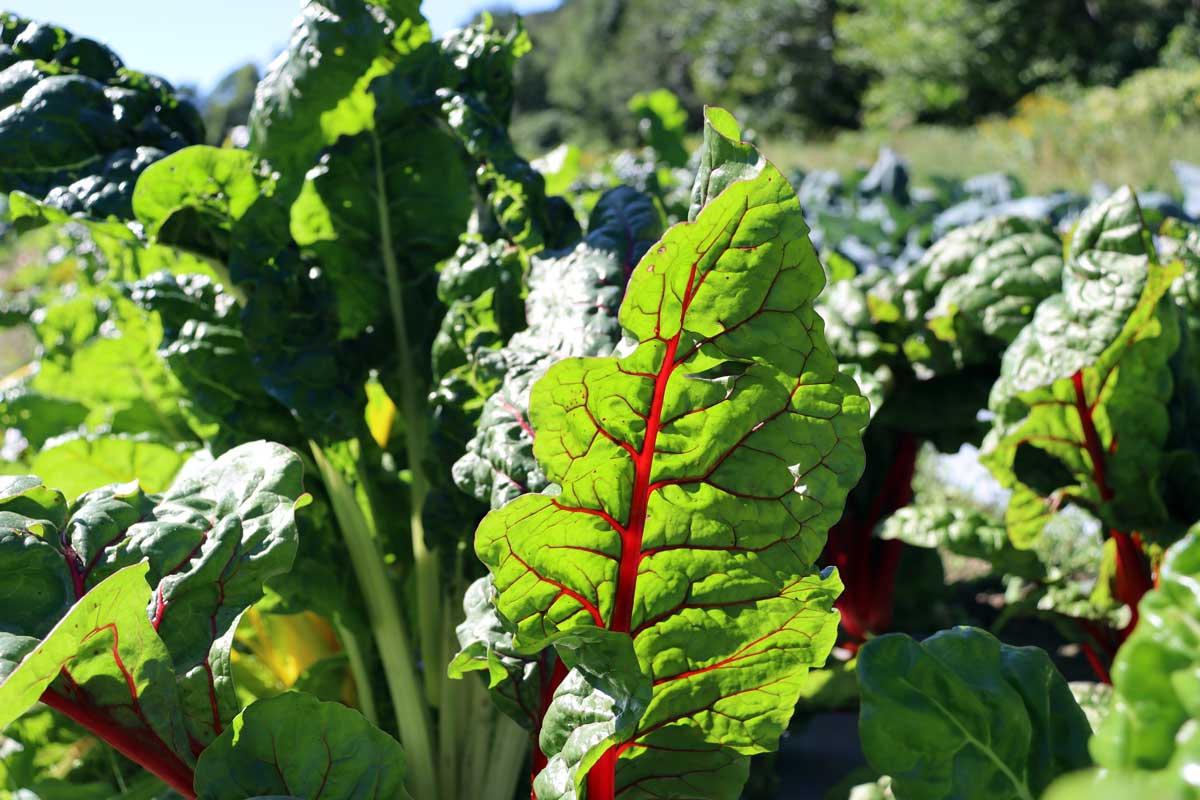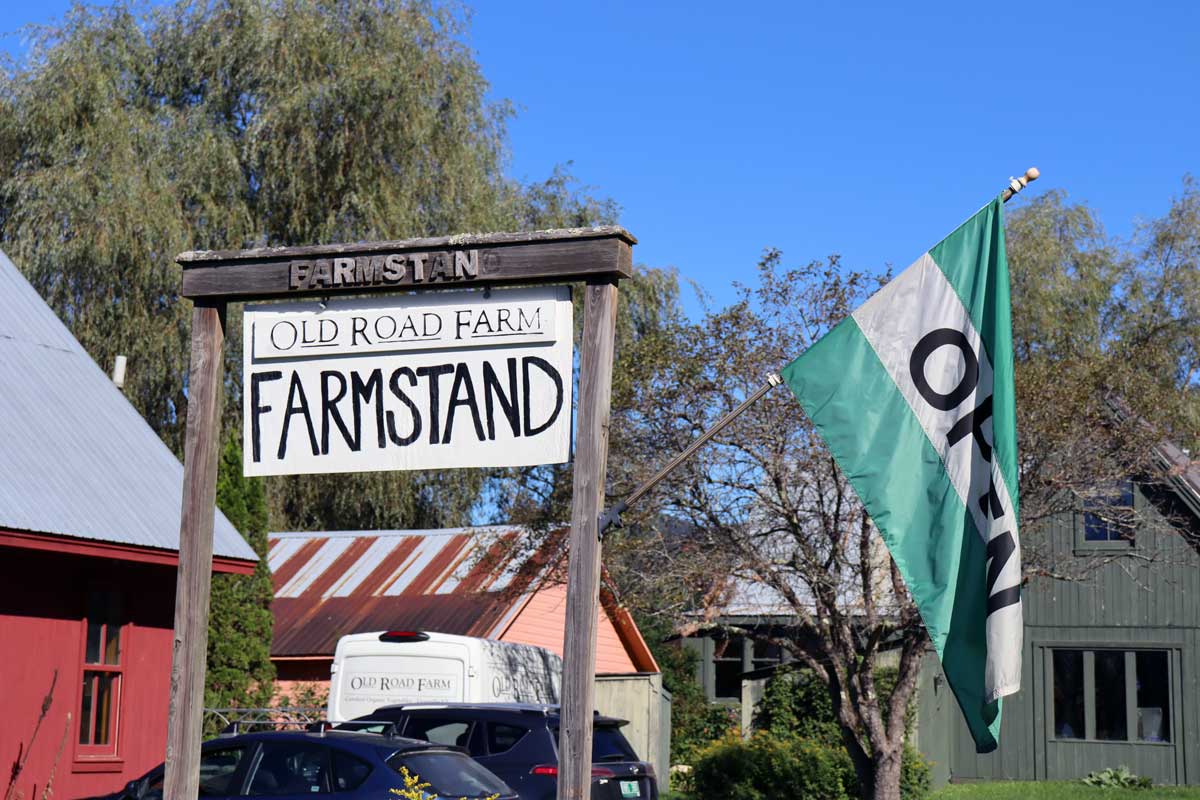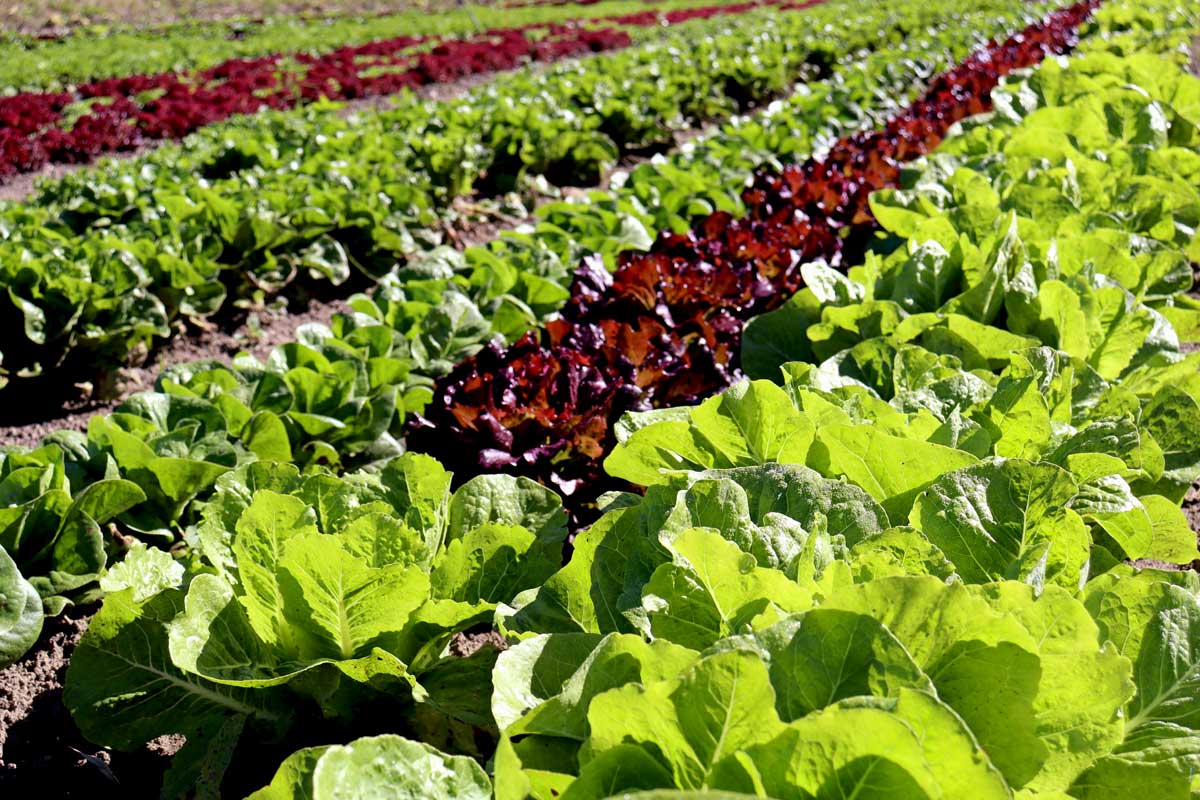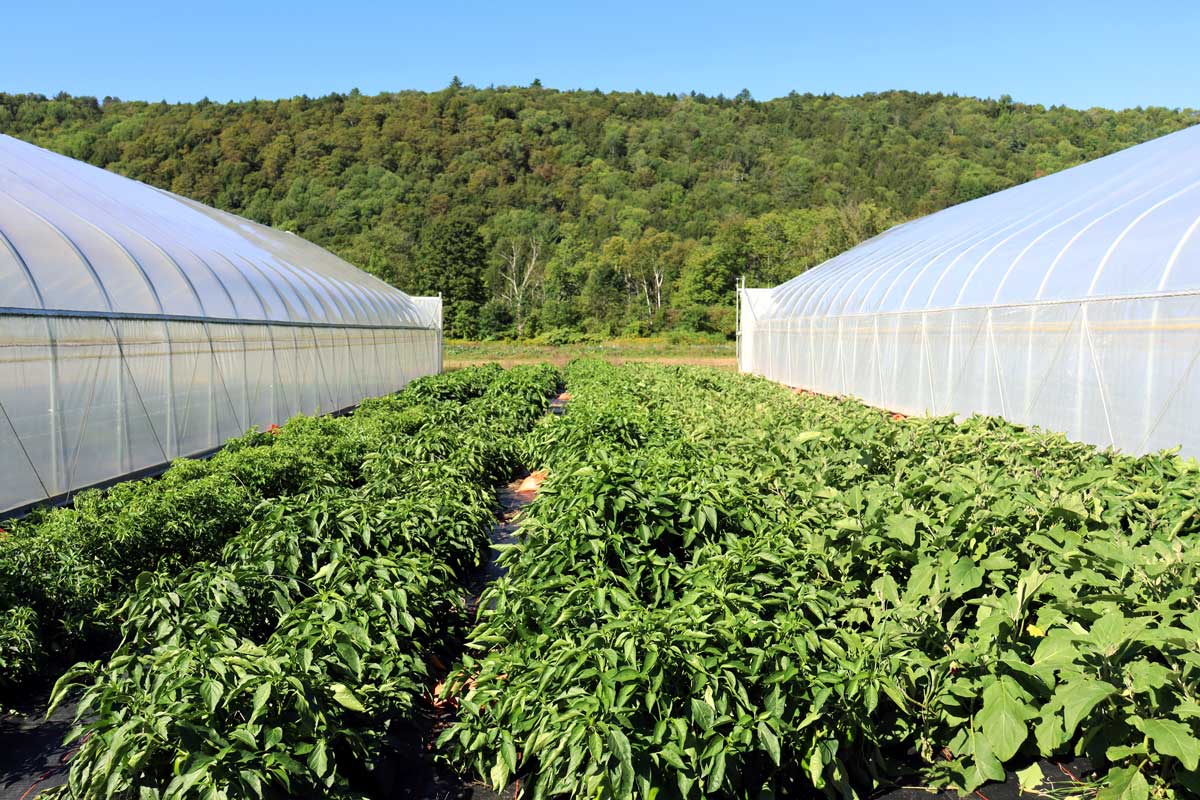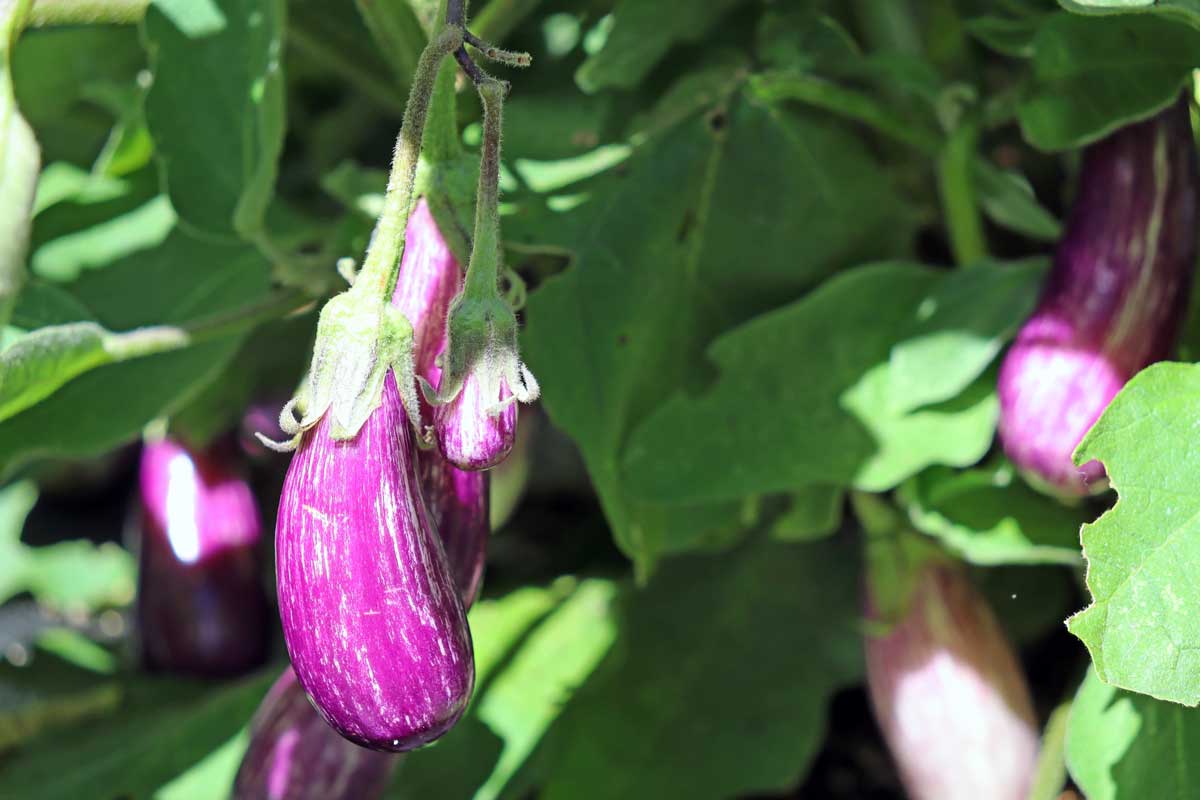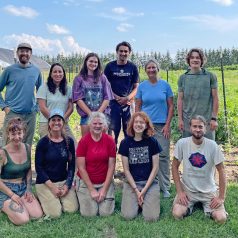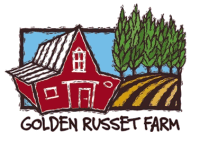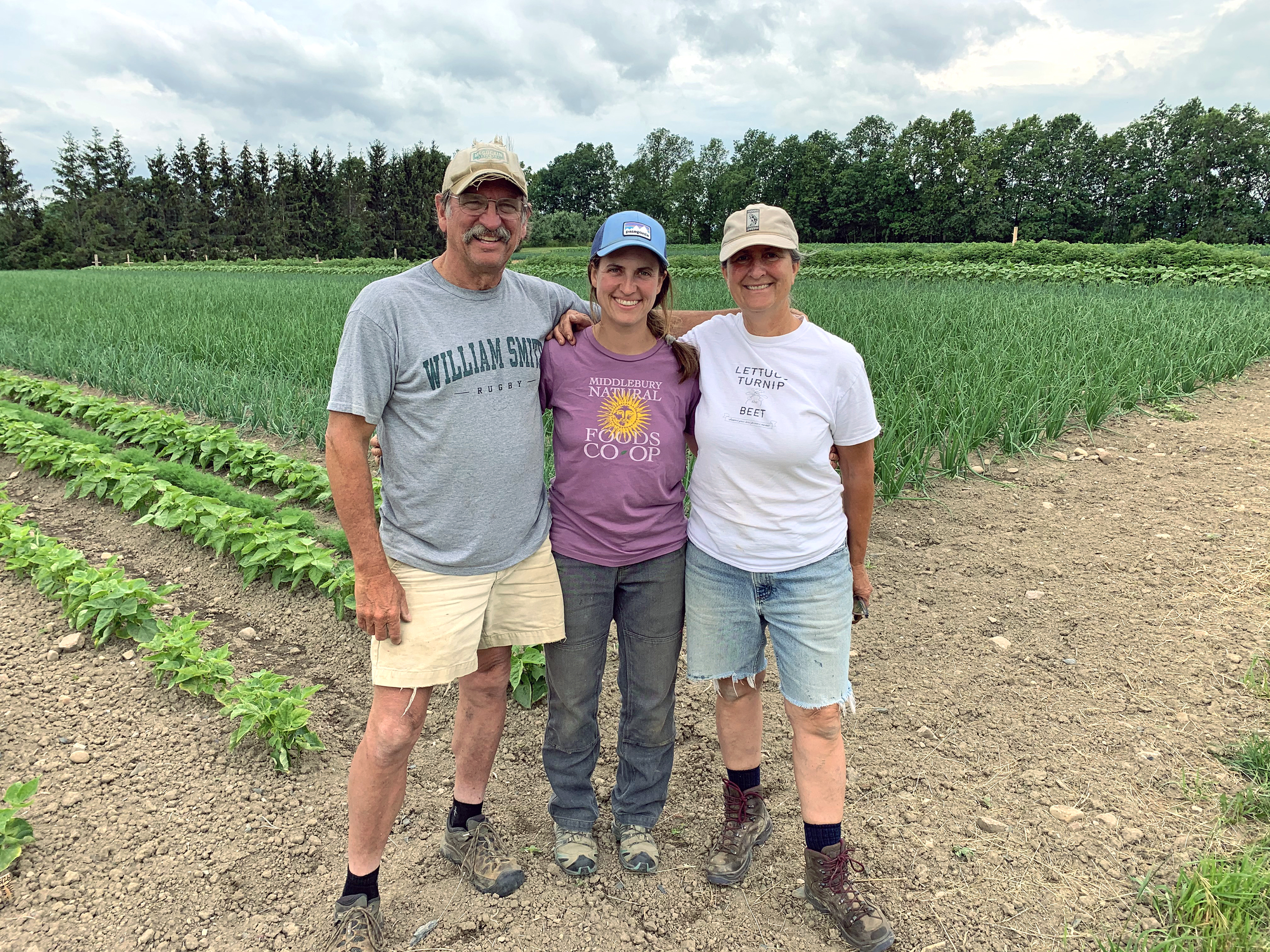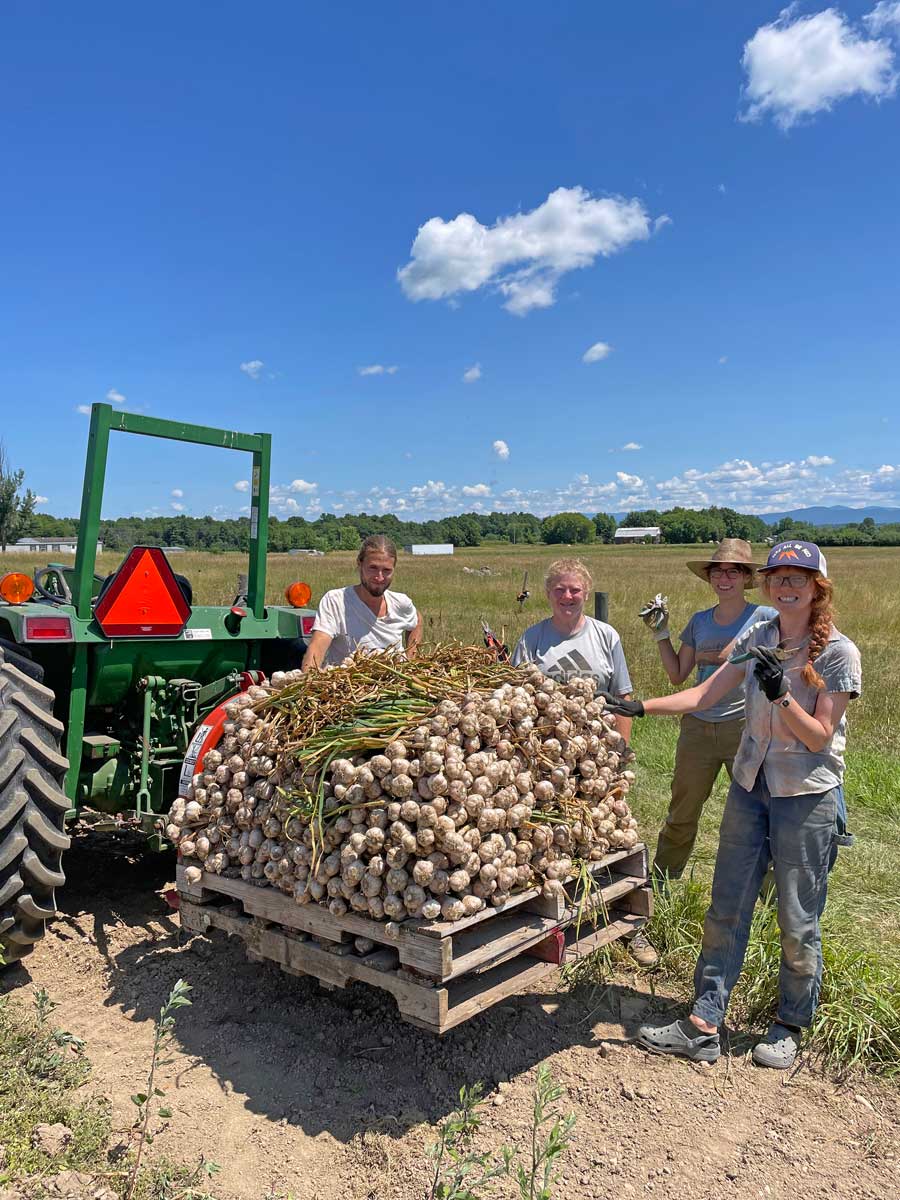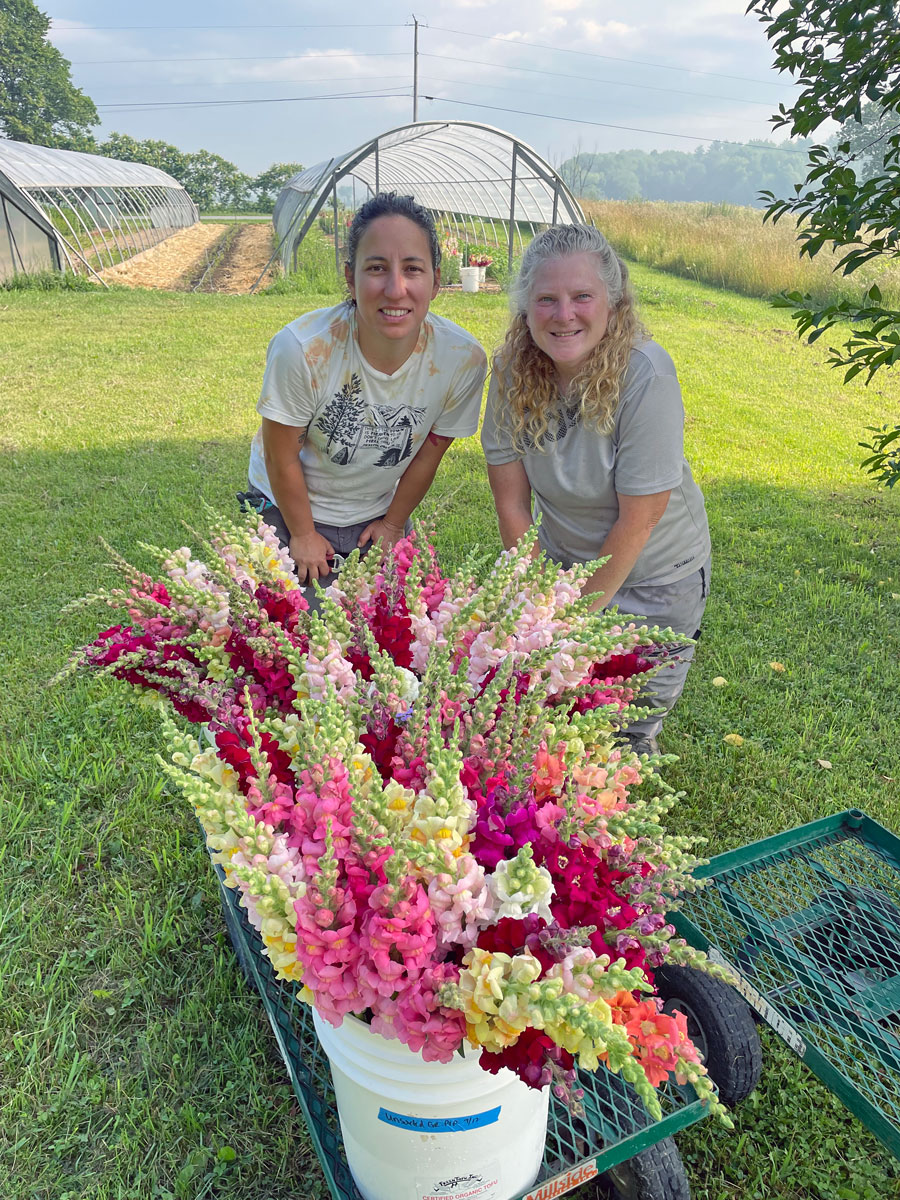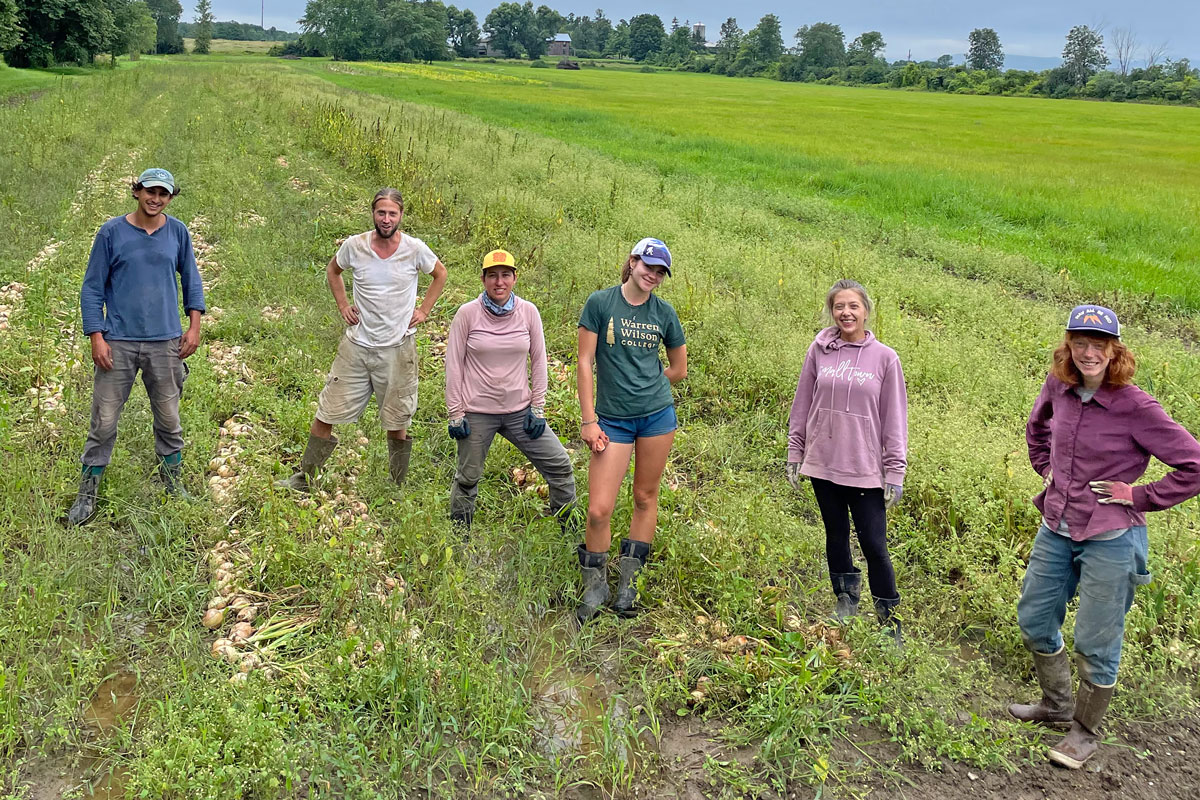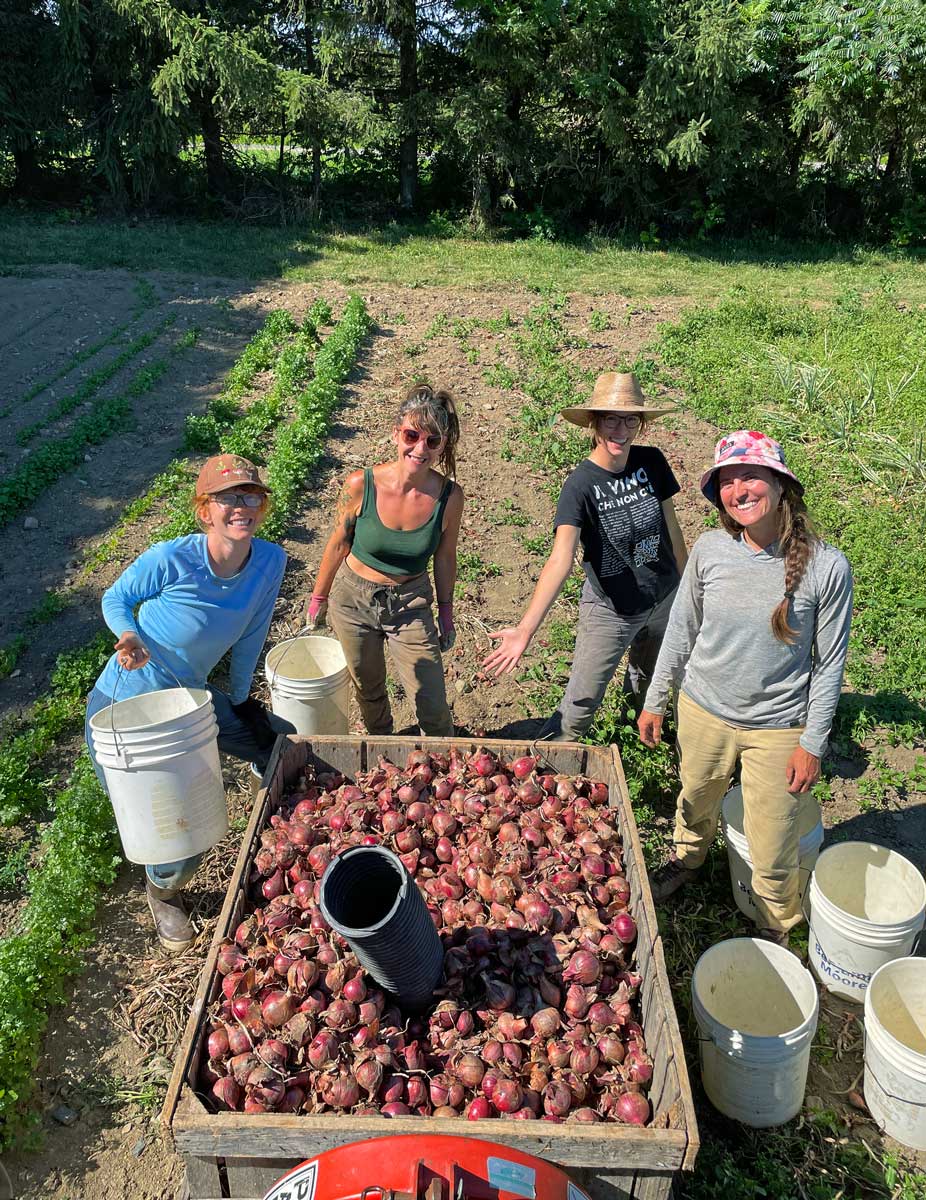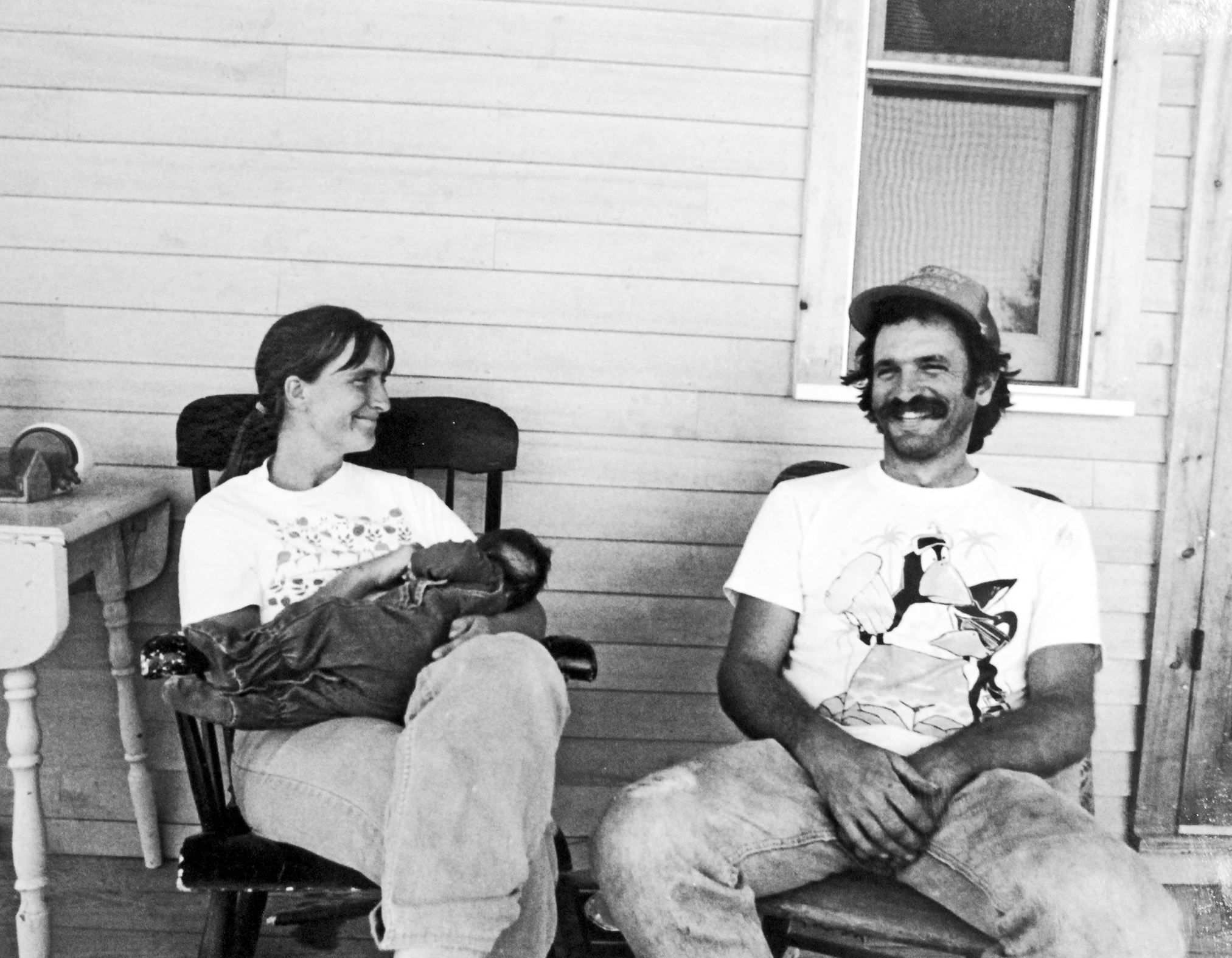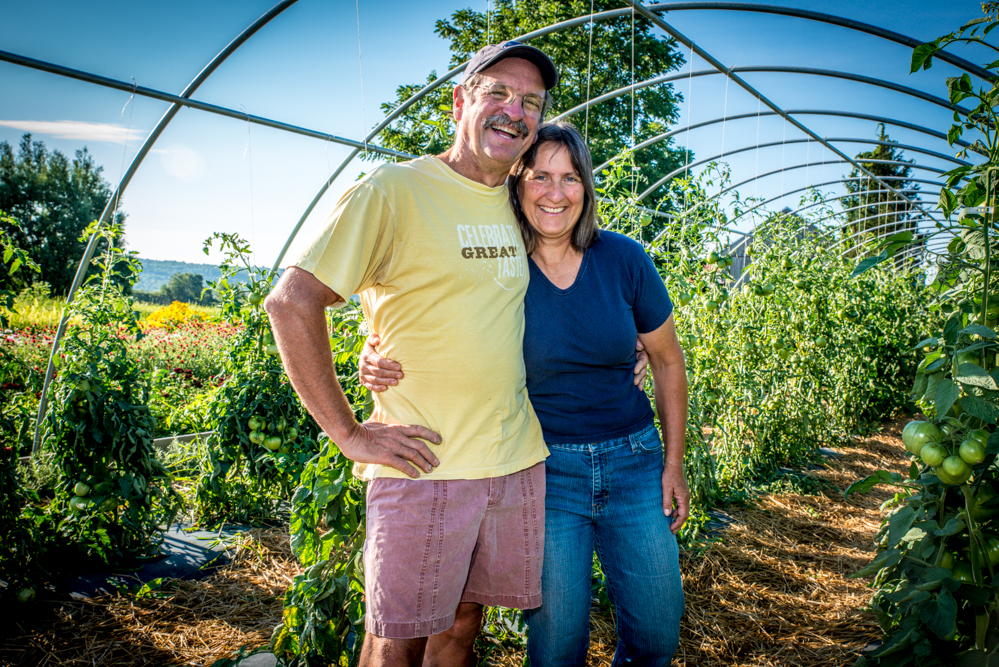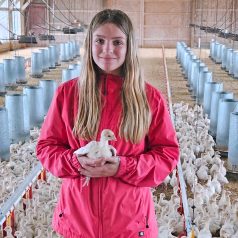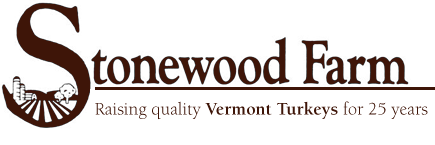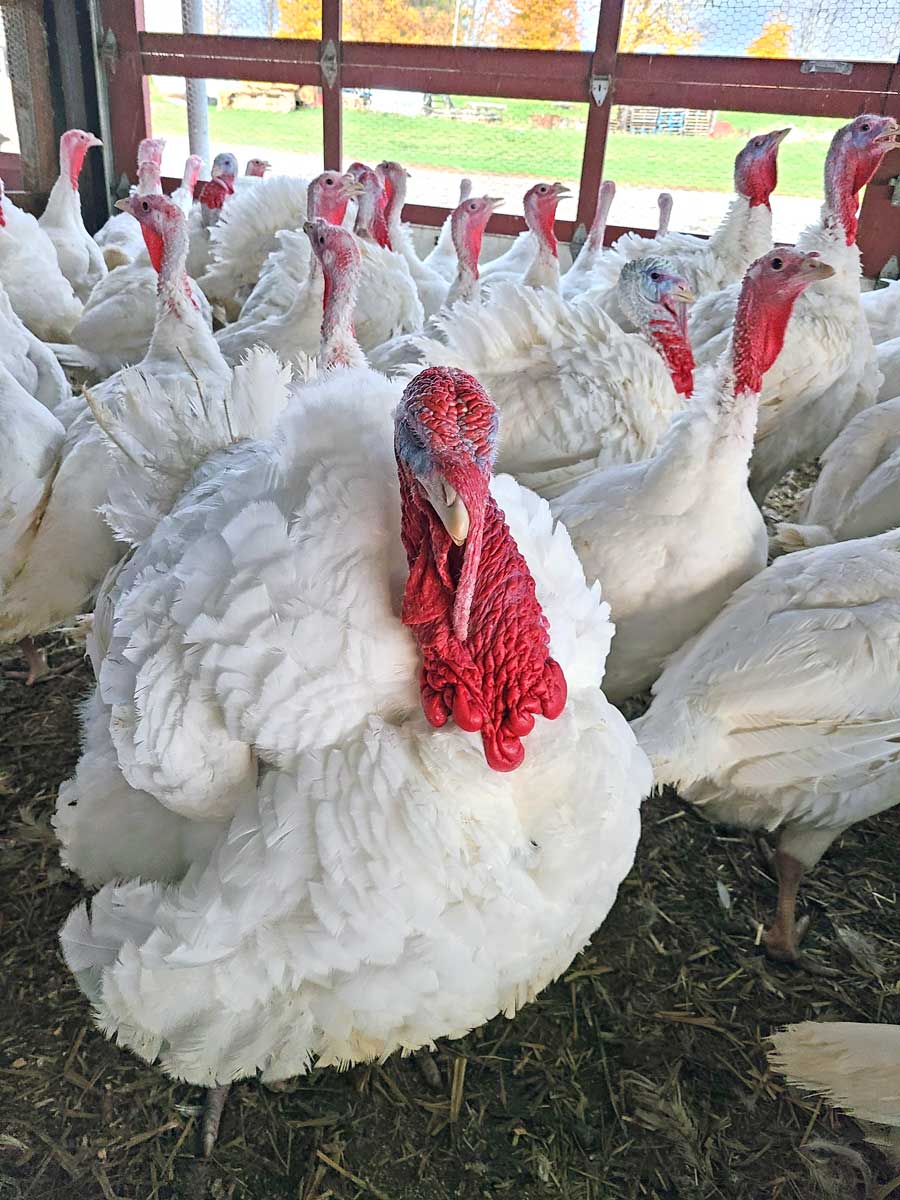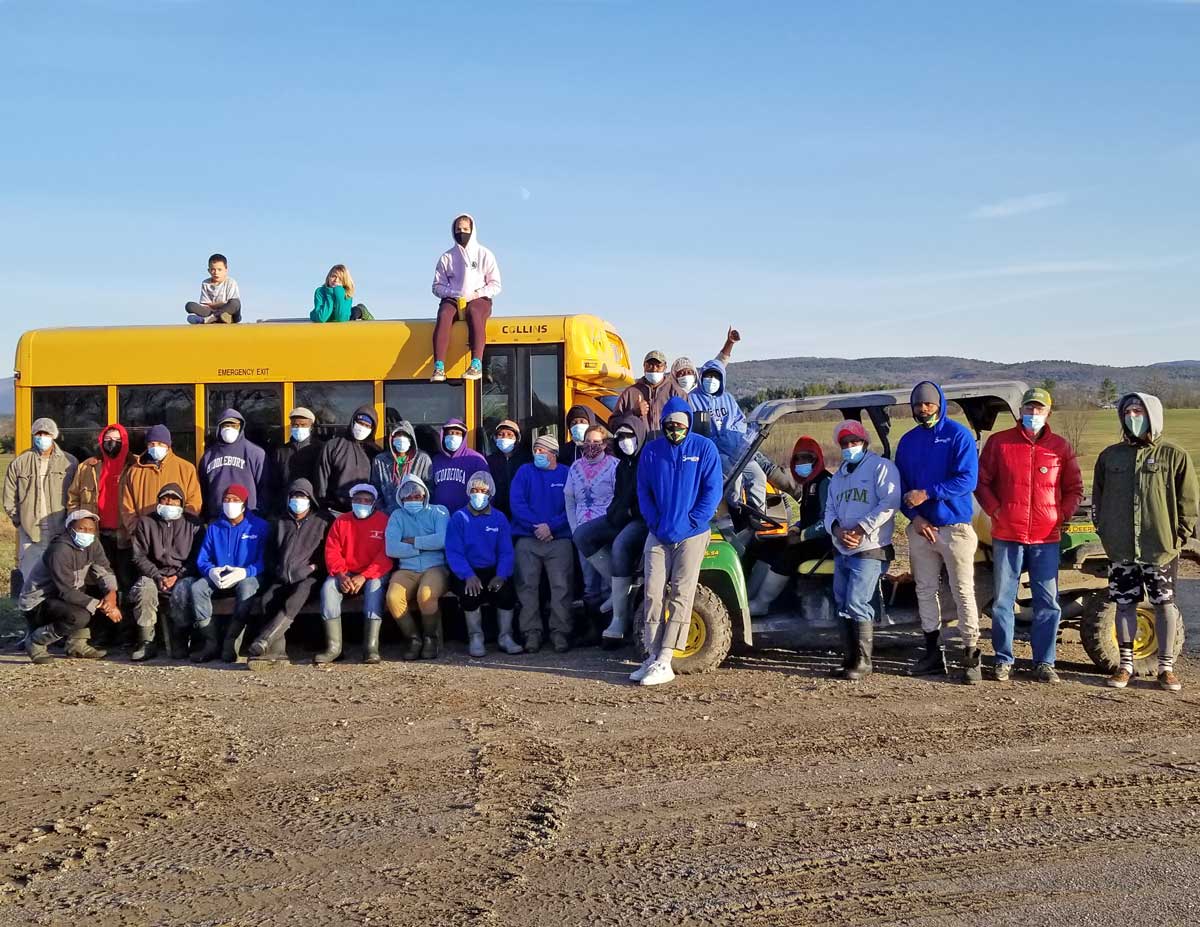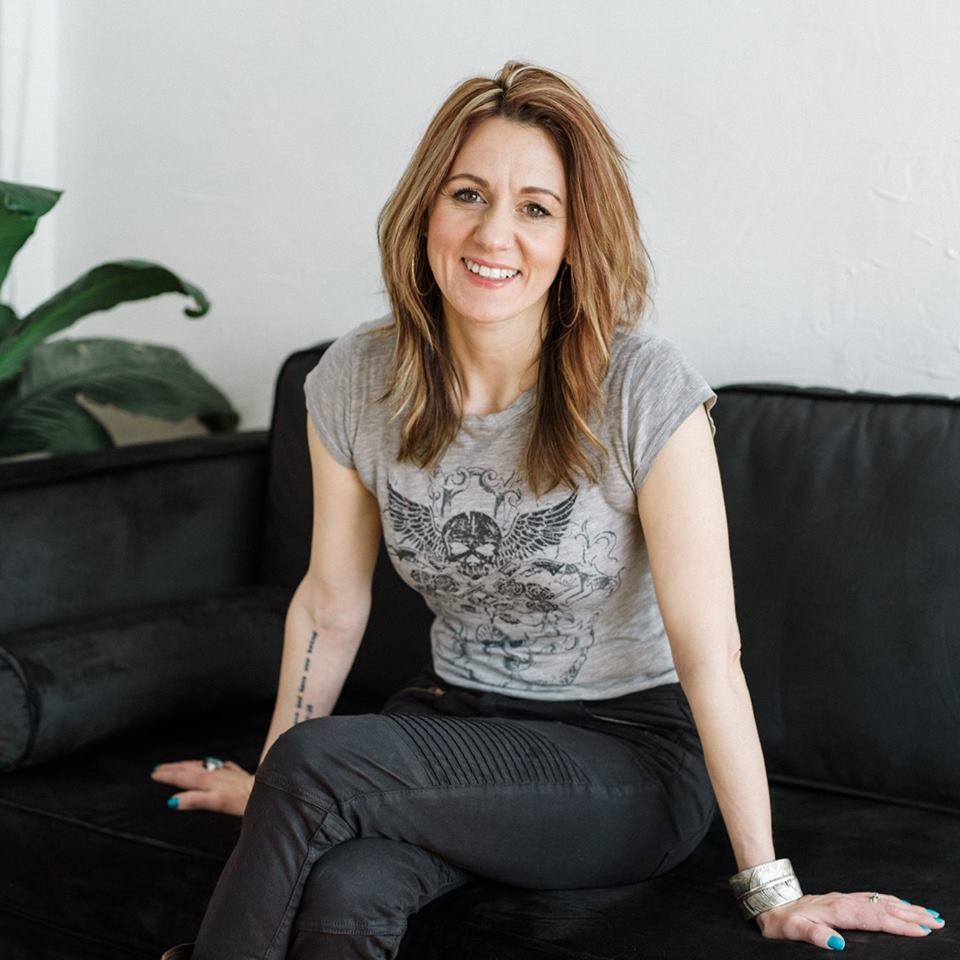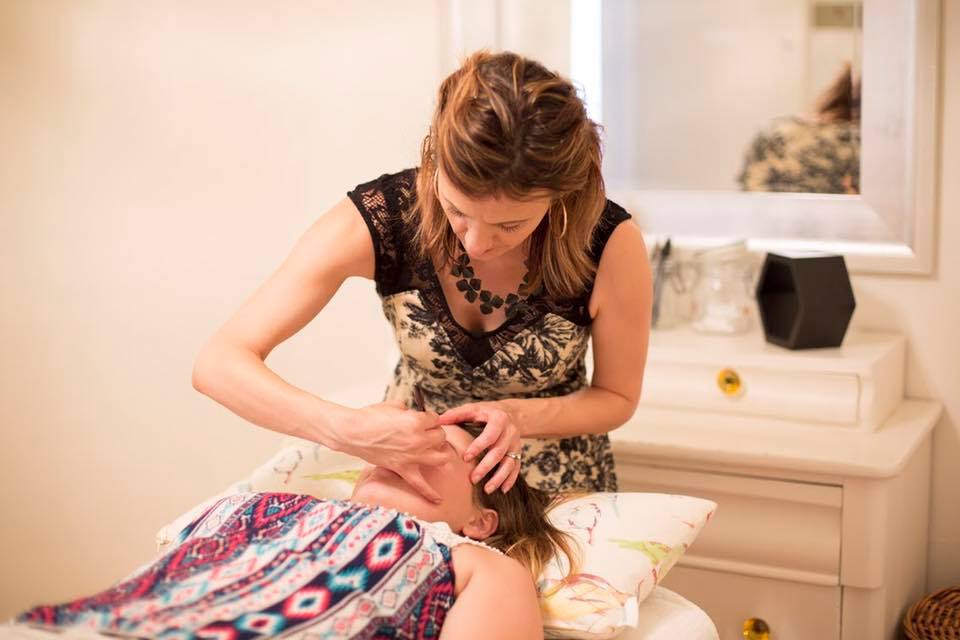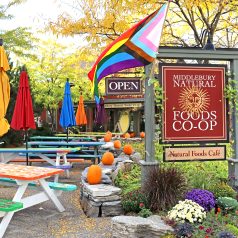
Celebrating Co-op Month!
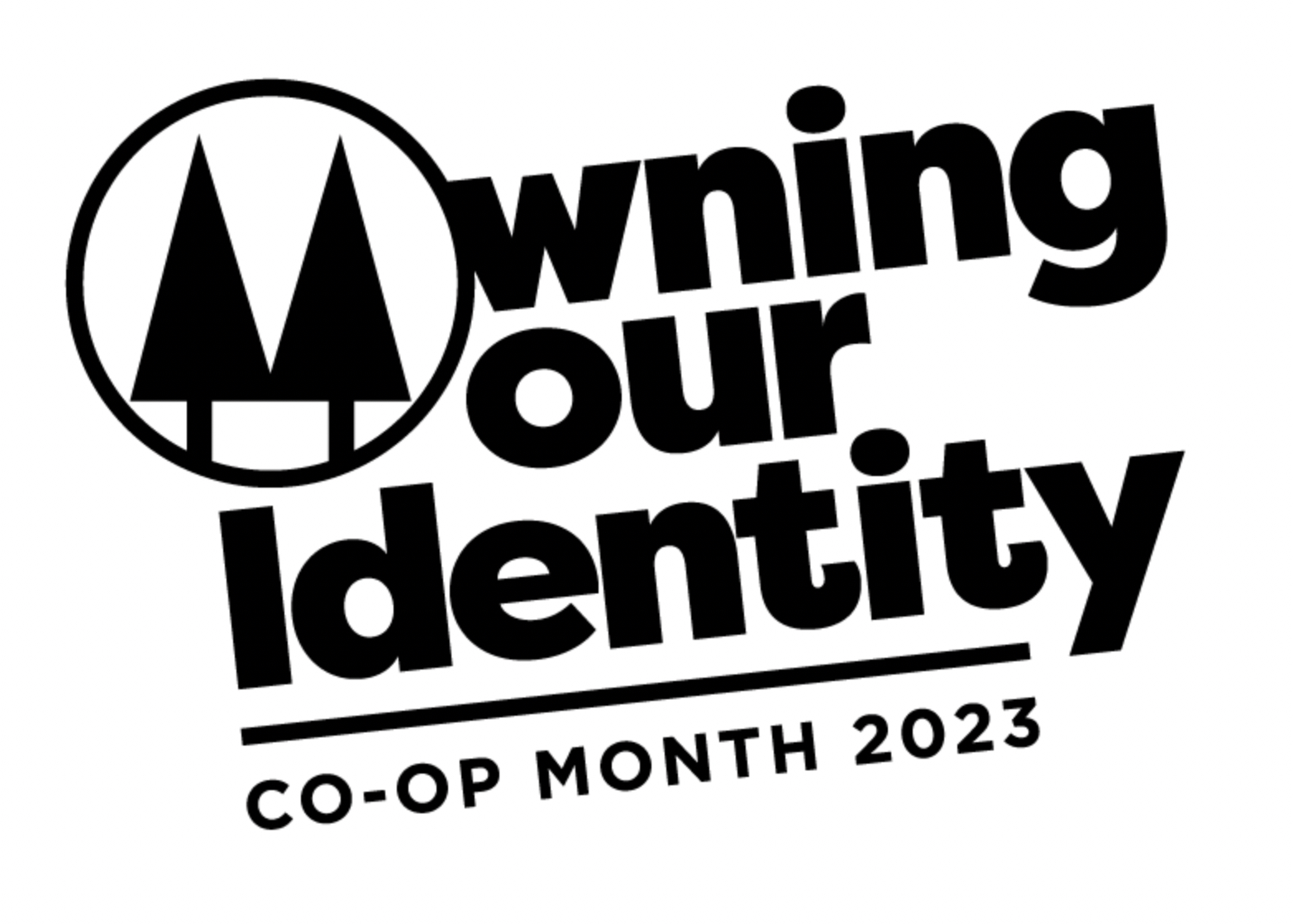
This October, your Co-op is joining over 65,000 co-operatives and credit unions across the United States in celebrating Co-op Month, observed nationally since 1964. This year’s theme, “Owning Our Identity,” was chosen by the National Cooperative Business Association (NCBA CLUSA) as an opportunity to engage co-op members, customers, employees, and the general public about the co-operative difference.
“The International Cooperative Alliance approved the Statement on the Cooperative Identity in 1995,” said Erbin Crowell, executive director of the Neighboring Food Co-op Association (NFCA) and a member of the International Cooperative Alliance (ICA) Cooperative Identity Advisory Group. “And Co-op Month is a unique opportunity for co-ops to communicate the values that guide us and the principles that make them real in how we conduct business.
”The Statement defines a co-operative as “an autonomous association of persons united voluntarily to meet their common economic, social and cultural needs and aspirations through a jointly-owned and democratically-controlled enterprise.” This means that co-ops are governed by their members, everyday people like you who use the business, as opposed to investors or shareholders. These members may be consumers, workers, producers, or independent business owners who govern the co-op on a democratic basis. This unique relationship is recognized in international law as well as by the U.S. Department of Agriculture (USDA), which affirms that co-ops are “user-owned businesses that are controlled by — and operate for the benefit of — their members, rather than outside investors.”
Next, the Statement notes that co-ops “are based on the values of self-help, self-responsibility, democracy, equality, equity, and solidarity.” These values set the co-operative movement apart from other business models in that their purpose is not simply to generate profit, but to enable people to work together to build a better future for everyone. Further, co-ops and their members “believe in the ethical values of honesty, openness, social responsibility and caring for others.” Co-ops and their members set a high standard for themselves and are working constantly to live up to their ideals.
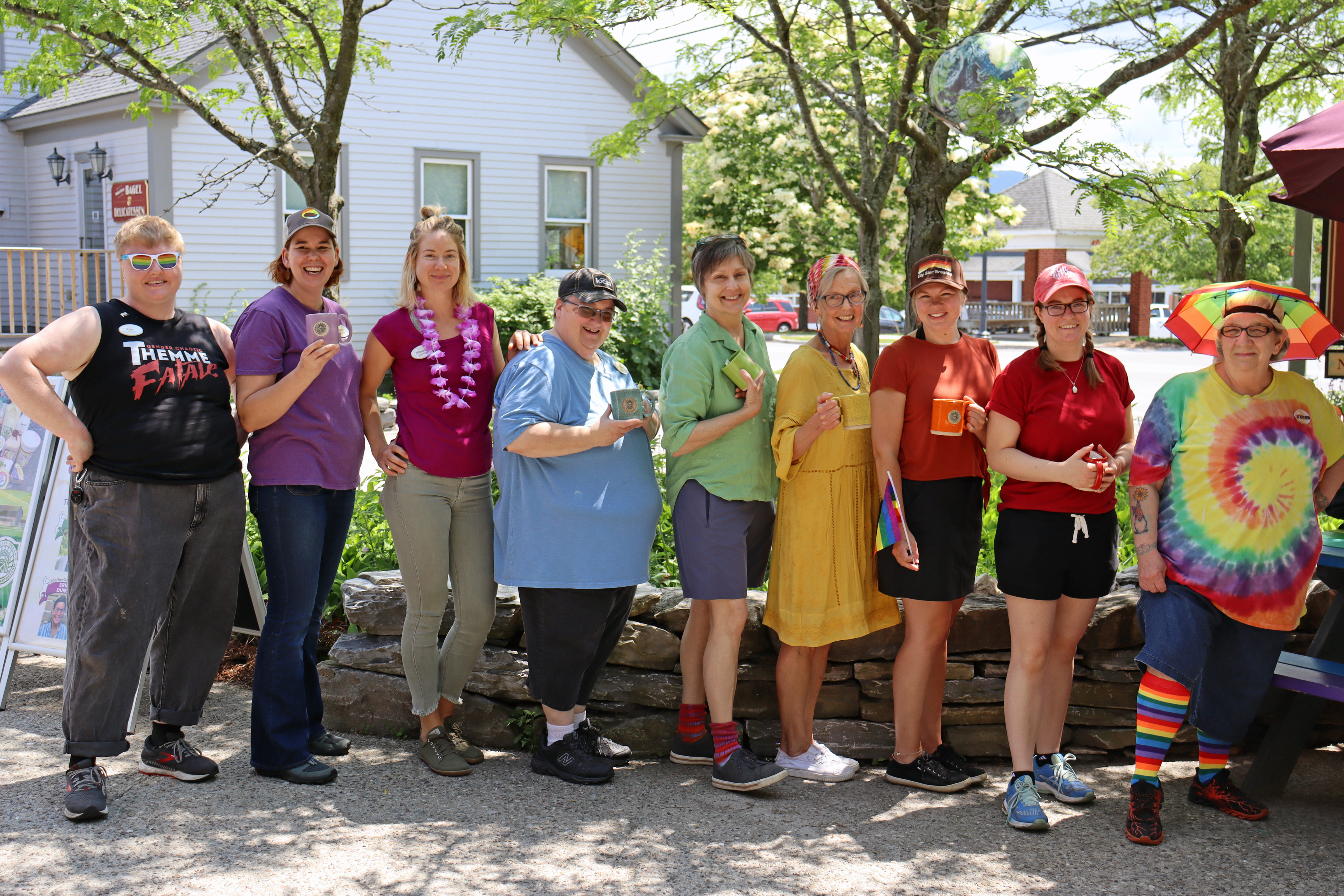
Finally, the Co-operative Identity includes a list of principles, or “guidelines by which co-operatives put their values into practice.” These are the operational characteristics of co-operative enterprises – or what makes a co-op a co-op – and include:
- Voluntary and Open Membership (all are welcome and no one is forced to join)
- Democratic Member Control (co-ops are controlled by the people who use the business for shared benefit)
- Member Economic Participation (members participate in the business and contribute capital to support growth and success)
- Autonomy and Independence (co-ops are controlled by their members, rather than outside organizations, governments, or investors)
- Education, Training, and Information (co-ops educate and empower their members, policymakers, and the public)
- Cooperation among Cooperatives (by working together, co-ops are more successful and can have more impact)
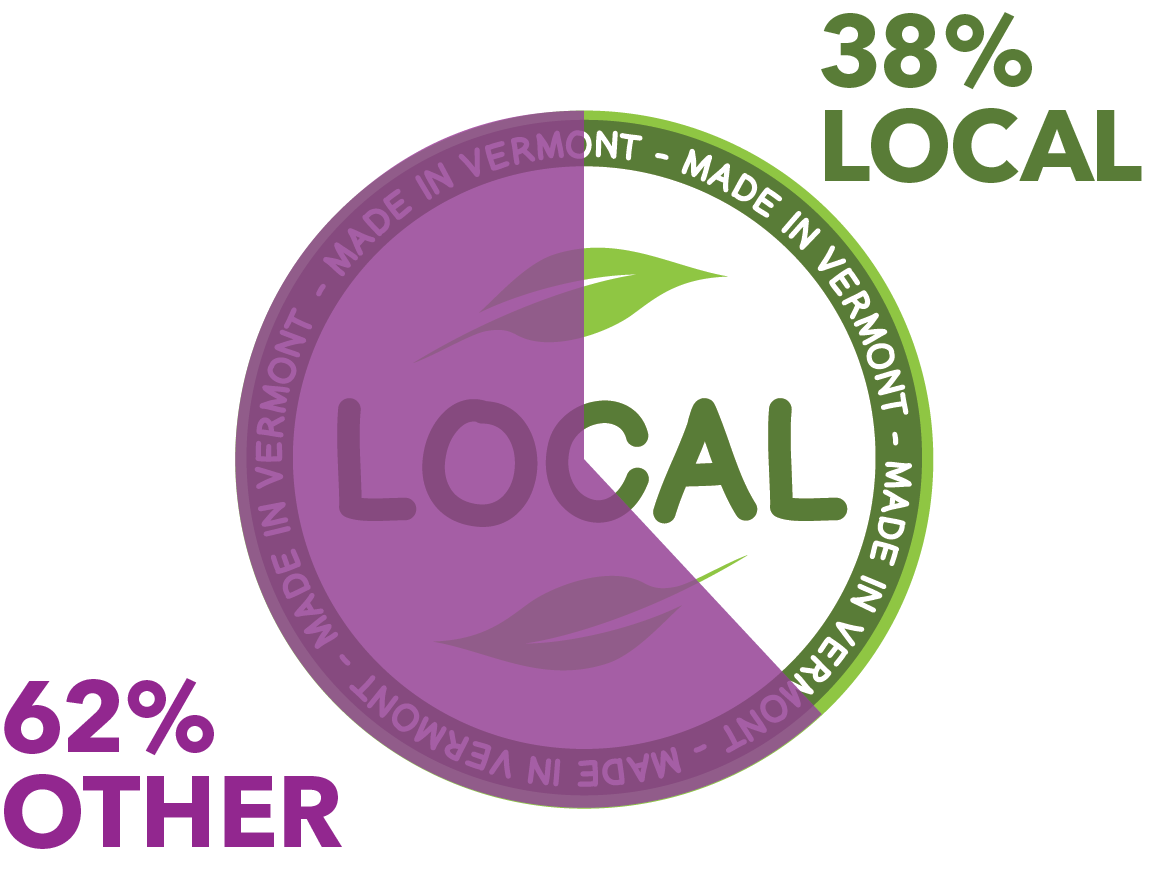
- Concern for Community (co-ops are member-focused — but also work for a more democratic, sustainable, and inclusive economy for everyone).
Across the Northeast, people have used food co-ops to improve access to healthy, local, affordable food, and build stronger, more inclusive communities. For example, a survey by the Neighboring Food Co-op Association (NFCA) found that grocery co-ops across New England and New York play a key role in supporting our regional economy, selling more than $112 million in local products annually — or an amazing 25% of total sales. Here at your Co-op, we’re proud to note that we’re well above the curve with a whopping 38% of our total annual sales attributed to local products, representing over $8.5 million in sales to Vermont farmers and food producers!
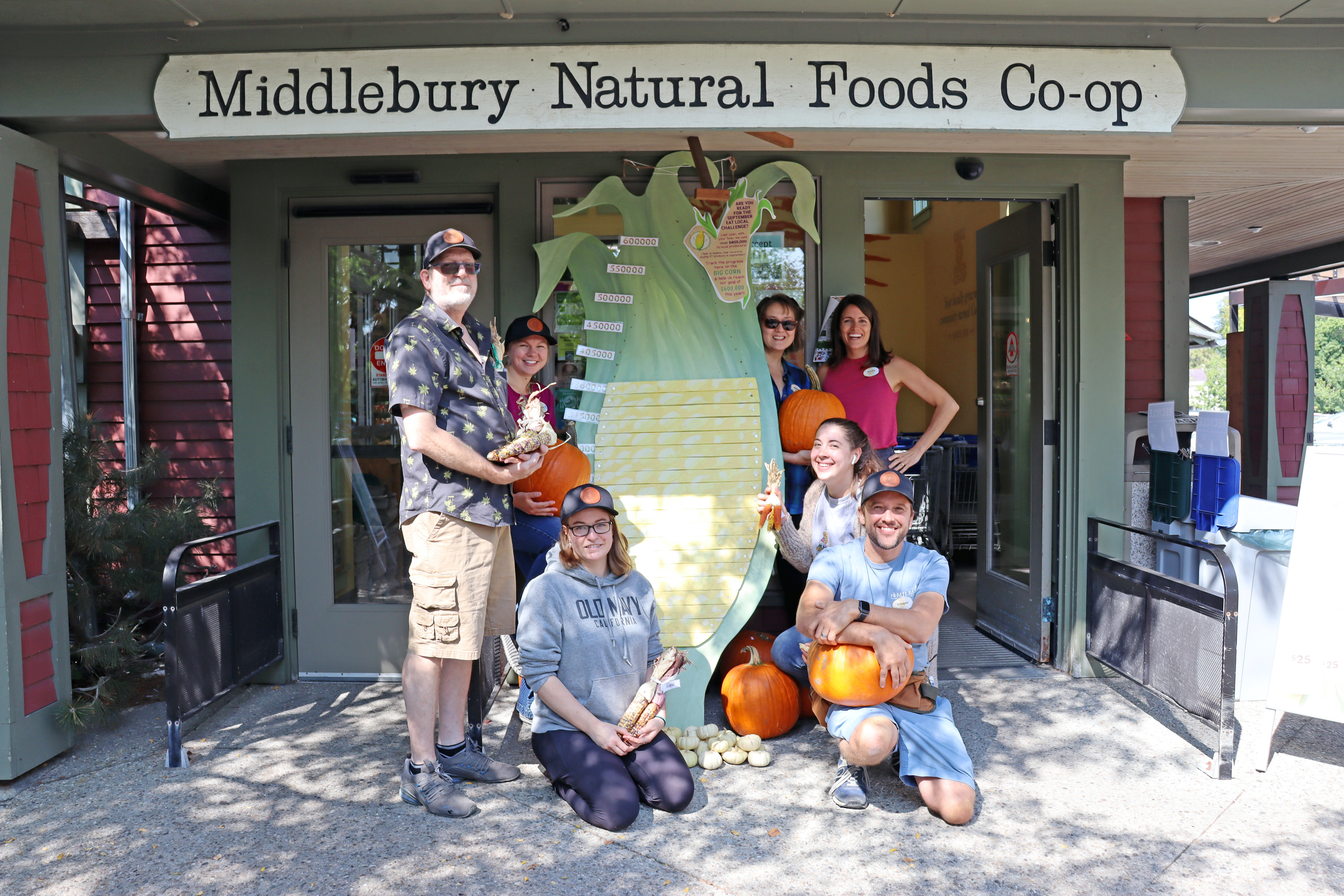
Taken together, these co-ops across New England and New York are locally owned by 173,000 members and provide employment for over 2,465 people, more than 60% of whom are also members, sharing in the ownership of their local grocery store. Your Co-op is owned by more than 6,000 member-owner households in Addison County and beyond!
From farmer co-ops to worker co-ops, credit unions to mutual insurance, and housing co-ops to energy co-ops, co-operative businesses thrive across the U.S. economy, where one in three people are co-op members. Around the world, around 1 billion people are members of about 3 million co-operatives, and 10% of the world’s population, or around 280 million people, are employed by co-ops. And because they are member-owned, co-operatives are rooted in their communities and governed by the people who use them to meet their needs.
Our Co-op is celebrating this special month in a number of ways. Throughout the month, we’ll be promoting some of our favorite Co-op-made products so that you can vote with your food dollars for businesses that are actively growing a more inclusive economy. Check out our Weekly Sale and Member Deals displays all month long to find great deals on co-op-made products by Equal Exchange, Frontier, Blue Diamond, La Riojana, and more. You’ll also find that many of these products are part of our Co-op Basics program at very affordable prices. Be sure to check out the Addison Independent each week for coupons that will offer even deeper discounts on these great Co-op-made products!
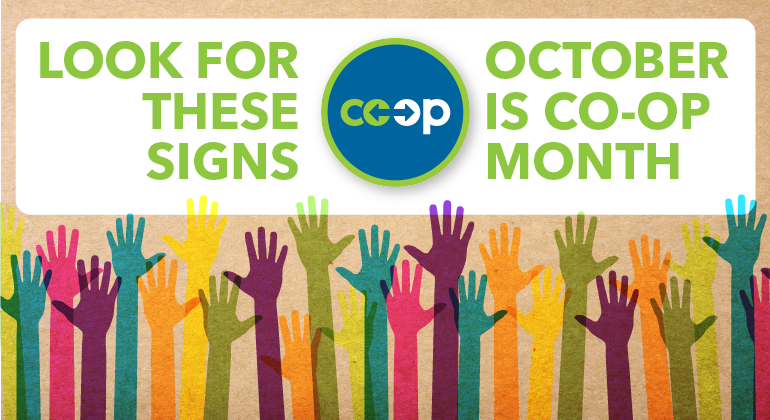
To find co-op-made products throughout the store, look for the “Co-op Trade” signs (like the blue circle above) on the shelves. You may be surprised by what you find, including dairy products from Cabot Creamery Co-op and Organic Valley, fairly traded coffee, tea, chocolate, bananas, and avocados from Equal Exchange, La Riojana wines, orange juice from Flordia’s Natural, body care products from Alaffia, naturally fermented vegetables from Real Pickles — and many others!!
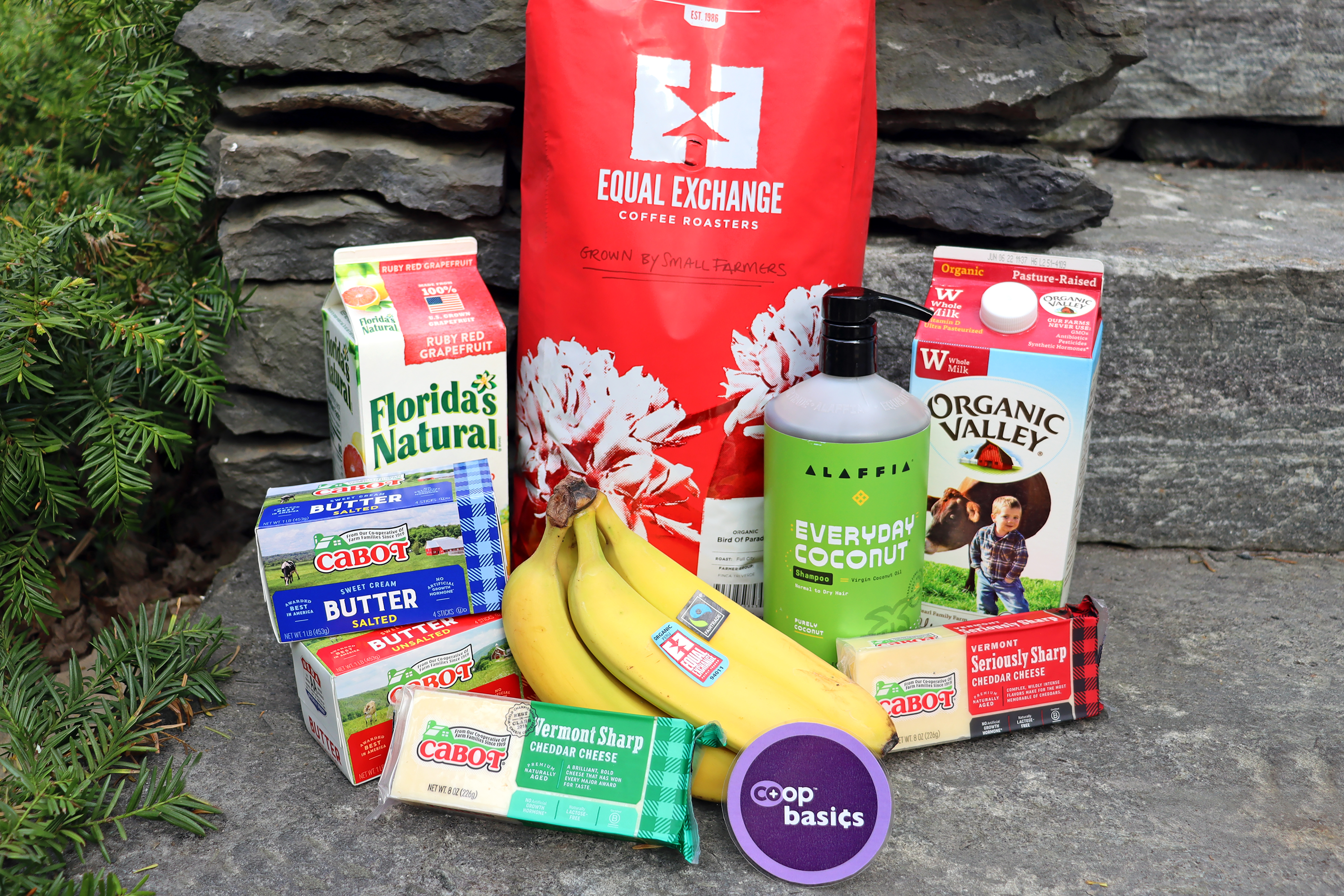
Thanks to NFCA, when you join our Co-op anytime throughout the month of October, you’ll be entered to win one of 10 exciting prize packages of Co-op-made products from partners like REI, Cabot, and Mad River Glen! Already a Co-op member? You can also enter to win this Co-op Month giveaway by clicking here.

For a deep dive into the relevance of co-operatives to the economic and social challenges we face and their contributions to a more just, equitable, and sustainable world, check out this webinar from NFCA director Erbin Crowell:


